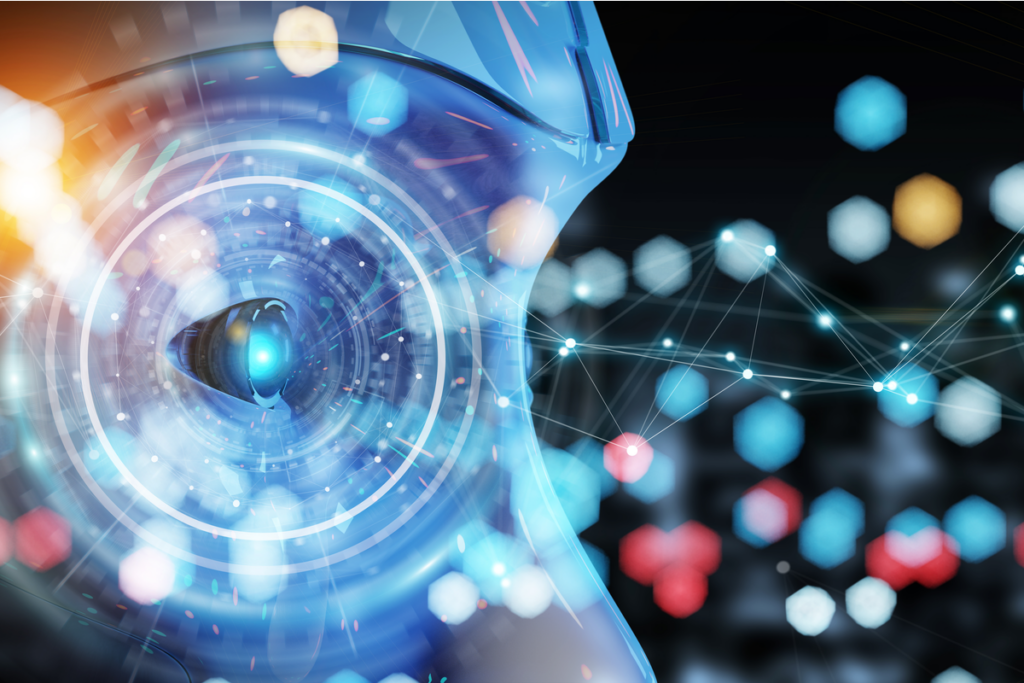Mental Privacy and Neuro-Rights: What Are they?


Written and verified by the psychologist Valeria Sabater
In the not too distant future, we’ll all have neuro-rights and mental privacy will be an indisputable principle. The objective will be none other than to safeguard our mental and brain identity. In other words, the right that no one will be able to access or manipulate our thoughts, emotions, memories, etc.
The theme sounds like science fiction, like the script of any Christopher Nolan or Steven Spielberg movie. However, what seems impossible to us right now is already happening in an extremely subtle way. To understand it, let’s learn about something that happens every day on many of our mobile apps.
For example, the artificial intelligence and algorithms behind Instagram and Facebook are steadily becoming increasingly sophisticated. As a matter of fact, they can analyze and process everything we do. Furthermore, they even know what our emotional state is, based on what information we look at or how we react on social media.
By understanding whether we’re sad or bored, they’re able to present us with advertising that’s tailored to our needs. However, what may seem simply curious and even normal to us actually exceeds a fundamental principle: that of our neuroprivacy. After all, why should they know how we feel? Shouldn’t our emotions be kept private?
There may even come a day when there are mechanisms by which cybercriminals have access to our thoughts. Therefore, it’s essential that this matter begins to be legislated. Because, although it might seems like science fiction to us now, it could, all too soon, become a reality.

Neurotechnology and its dark side
Rafael Yuste is a prominent Spanish neurobiologist. He works as a professor at the Neurotechnology Center at Columbia University, in New York. In addition, he participates in the BRAIN project. This is an initiative aimed at getting to know the human brain in depth.
Not long ago, Dr. Yuste himself made an important declaration. He claimed that advances in artificial intelligence are unstoppable, which could ultimately pose a great risk to us. Indeed, right now there are great leaps in the field of neurotechnology. They involve manipulation of the brain with technological gadgets that’ll soon allow the treatment of everything from strokes to neurological diseases such as Parkinson’s.
What’s more, Dr. Yuste’s own BRAIN project aims to track the activity of the mind and to understand how we think, feel, learn, and remember. However, what would happen if, at some time in the future, someone used this technology against us? Indeed, what if they managed to figure out how to manipulate our thoughts?
When the advancement of science demands new legislation
Mental privacy defines the indisputable right to safeguard what we think and feel. Nothing is so private, so intimate and so undeniably ours than the contents of our mind. It’s the last frontier. Nevertheless, science is going to cross it at some point in the future.
Scientists are currently decoding brain activity. This will produce great achievements in the field of medicine. Their objective is to give hope, to rehabilitate those who’ve suffered a craniocerebral accident or a stroke. Also, to restore sight and memories. Perhaps even to discover the cure for Alzheimer’s. In fact, the possibilities are endless. However, the associated challenges are immense.
The Department of Health Sciences and Technology in Zurich (Switzerland) conducted research on the subject of neuro-rights and mental privacy. They emphasized the need to legislate basic laws for the protection and preservation of the human brain and mind as soon as possible.
The day may come when, thanks to electronic devices, our emotions, memories and thoughts will be known to others. We must be aware of this fact. This is in order to establish protection measures and adjust a legal code that responds to this reality.
Believe it or not, they’re already violating our mental privacy
At the moment, Rafael Yuste is the main international defender of the need to regulate neuro-rights and mental privacy. He does so through the NeuroRights Foundation. He himself is a witness and promoter of these advances in the understanding of the human brain and therefore knows all too well the associated risks that could arise in the future.
However, we must be careful. Because the truth is that our mental privacy is already violated daily in many ways. Indeed, from the moment we accept the terms and conditions of use of an app, we’re being constantly studied. In fact, they’re analyzing our behavior, personality, emotions, desires, and even our intentions.
There’s little doubt that we’re experimental subjects for large technology companies. This is happening right now.

What will the neuro-rights legislation consist of?
Elon Musk is developing interfaces to connect to the brain to treat injuries or enhance certain functions. His Neuralink Corporation is also making great strides in the wake of numerous medical, philosophical, and legislative debates. Although this might seem like a chapter of Black Mirror, we have to understand that it’s an imminent reality.
It’s necessary to safeguard our mental privacy and legislate neuro-rights as soon as possible. Let’s see what they consist of.
- The right to safeguard our identity. In other words, to protect our ability to think and feel like ourselves, regardless of the neurotechnology that may be applied to us. It also means protecting our memories so that no one has access to them.
- The right to free will. This is defined as the need to continue making our own decisions without being manipulated by anyone.
- Limits to cognitive doping. This topic is interesting. It’s believed that in the future, technology will allow us to enhance our cognitive functions such as our ability to learn, remember, etc. Therefore, perhaps it’s time to think about whether it’d be advisable to set limits.
For the moment, these are the main points to be covered. However, it’s likely that there’ll more aspects that arise in the future. As Dr. Yuste points out, it’s necessary for governments to monitor advances in science and technology in order to respond to and prevent any possible risks.
All cited sources were thoroughly reviewed by our team to ensure their quality, reliability, currency, and validity. The bibliography of this article was considered reliable and of academic or scientific accuracy.
- Ienca M. On Neurorights. Front Hum Neurosci. 2021 Sep 24;15:701258. doi: 10.3389/fnhum.2021.701258. PMID: 34630057; PMCID: PMC8498568.
- Wajnerman Paz A. Is Mental Privacy a Component of Personal Identity? Front Hum Neurosci. 2021 Oct 14;15:773441. doi: 10.3389/fnhum.2021.773441. PMID: 34720912; PMCID: PMC8551354.
This text is provided for informational purposes only and does not replace consultation with a professional. If in doubt, consult your specialist.








